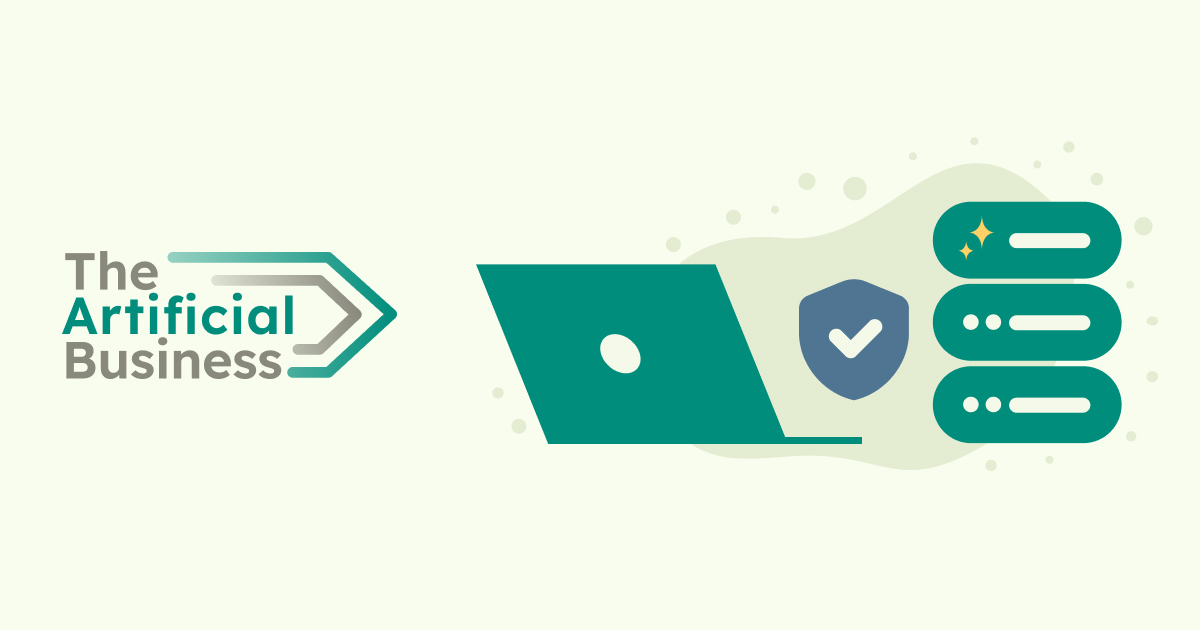The Future of Government: How Generative AI Will Transform Public Service | The Artificial Business

In recent years, generative AI has emerged as a groundbreaking technology with the potential to revolutionize various industries. Governments worldwide are now exploring how this powerful tool can enhance public services, streamline operations, and improve decision-making processes. As we look towards the future, it’s crucial to understand how generative AI will shape the governments of tomorrow while addressing important concerns such as data privacy and security.
The Promise of Generative AI in Government
Generative AI, a subset of artificial intelligence capable of creating new content based on vast amounts of data, offers numerous possibilities for improving government functions. Here are some key areas where generative AI can make a significant impact:
1. Policy Development and Analysis
Generative AI can assist policymakers by:
- Analyzing vast amounts of data to identify trends and patterns
- Generating policy drafts based on historical data and current priorities
- Simulating potential outcomes of proposed policies
For example, a government agency could use generative AI to draft initial versions of environmental policies by analyzing existing regulations, scientific data, and public opinions. This would allow policymakers to start with a comprehensive foundation, saving time and ensuring all relevant factors are considered.
2. Personalized Citizen Services
AI-powered chatbots and virtual assistants can revolutionize how citizens interact with government services:
- Providing 24/7 support for common inquiries
- Offering personalized guidance through complex processes
- Assisting with form filling and document submission
Imagine a citizen needing help with tax filing. A generative AI assistant could guide them through the process, explaining each step, answering questions, and even helping to fill out forms based on the user’s specific situation.
3. Predictive Maintenance of Infrastructure
Generative AI can help governments maintain public infrastructure more efficiently by:
- Predicting when maintenance is needed based on historical data and current conditions
- Generating optimal maintenance schedules to minimize disruptions
- Creating detailed repair plans for complex systems
For instance, a city’s transportation department could use generative AI to predict which roads are likely to need repairs in the coming months, allowing for better budget allocation and minimizing traffic disruptions.
4. Enhanced Emergency Response
During crises, generative AI can assist emergency services by:
- Generating real-time response plans based on evolving situations
- Creating tailored communication messages for different audiences
- Predicting resource needs and optimizing their allocation
In a natural disaster scenario, generative AI could quickly create evacuation plans tailored to current conditions, generate targeted alert messages for different neighborhoods, and predict where resources like food and medical supplies will be most needed.
Addressing Data Privacy Concerns
While the potential benefits of generative AI in government are immense, it’s crucial to address data privacy concerns. Many cloud-based AI solutions pose risks to sensitive government and citizen data. This is where on-premise AI solutions, like those offered by The Artificial Business, become essential.
On-premise AI ensures that:
- Sensitive data remains within government-controlled infrastructure
- Compliance with data protection regulations like GDPR is easier to maintain
- Governments have full control over AI models and their training data
By implementing secure, on-premise generative AI solutions, governments can harness the power of this technology while safeguarding citizen privacy and maintaining public trust.
The Government of Tomorrow
As generative AI becomes more integrated into government operations, we can expect to see:
- More responsive and efficient public services
- Data-driven policy-making with rapid iteration and testing
- Personalized citizen interactions at scale
- Proactive rather than reactive governance in areas like infrastructure and emergency management
However, the successful implementation of generative AI in government will require:
- Robust ethical frameworks to guide AI use in public service
- Ongoing training for government employees to work alongside AI systems
- Clear communication with citizens about how AI is being used to serve them
Conclusion
The integration of generative AI into government operations promises to usher in a new era of efficient, responsive, and data-driven public service. By leveraging this technology responsibly, with a focus on data privacy and security, governments can significantly enhance their ability to serve citizens and address complex societal challenges.
As we move towards this AI-augmented future of governance, it’s crucial for both government leaders and citizens to stay informed about these developments. The governments of tomorrow will not only use AI as a tool but will be fundamentally transformed by its capabilities, leading to more effective, transparent, and citizen-centric public services.
By embracing secure, on-premise generative AI solutions like those offered by The Artificial Business, governments can confidently step into this exciting future, ensuring they reap the benefits of AI while maintaining the highest standards of data protection and privacy.